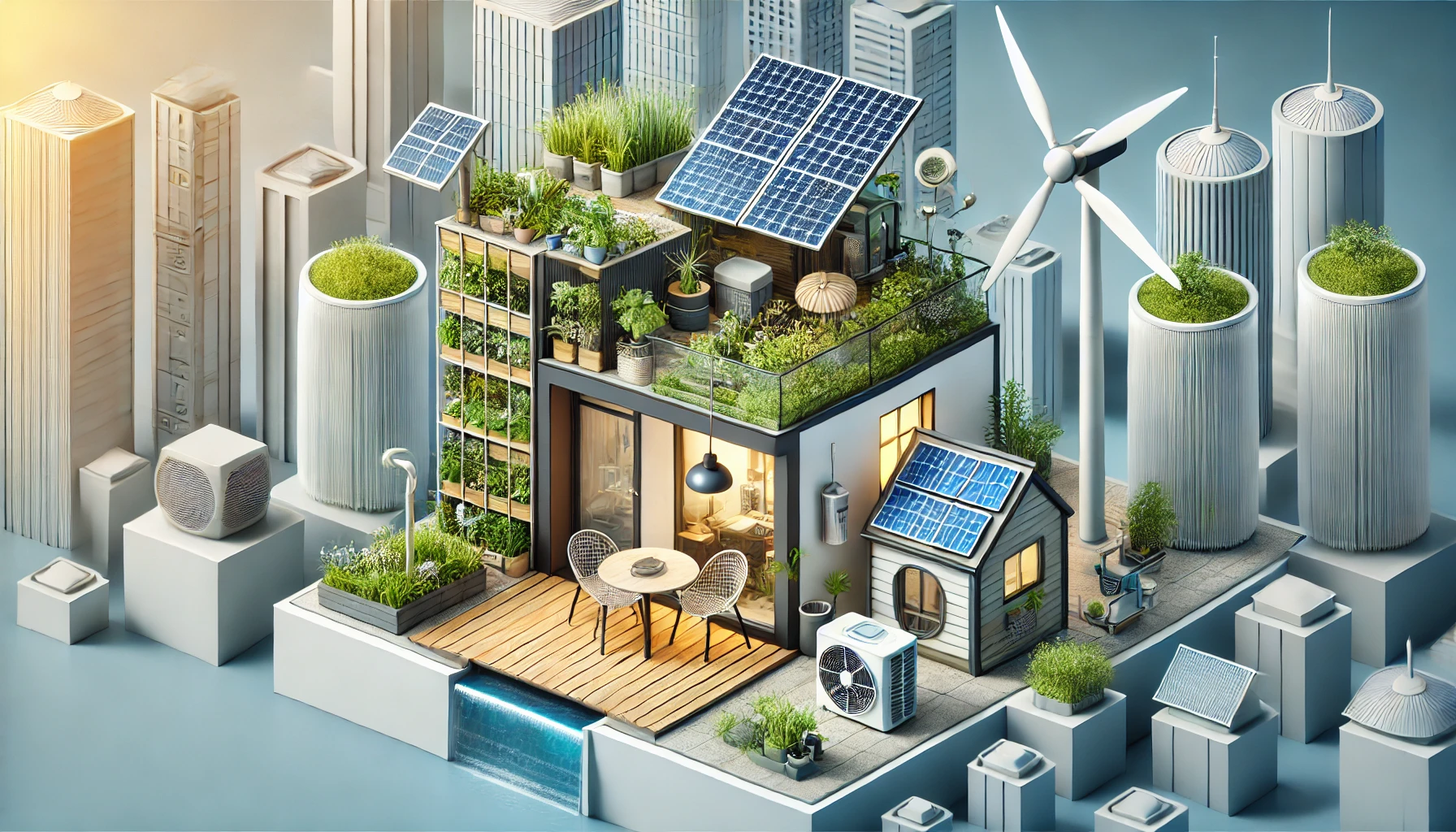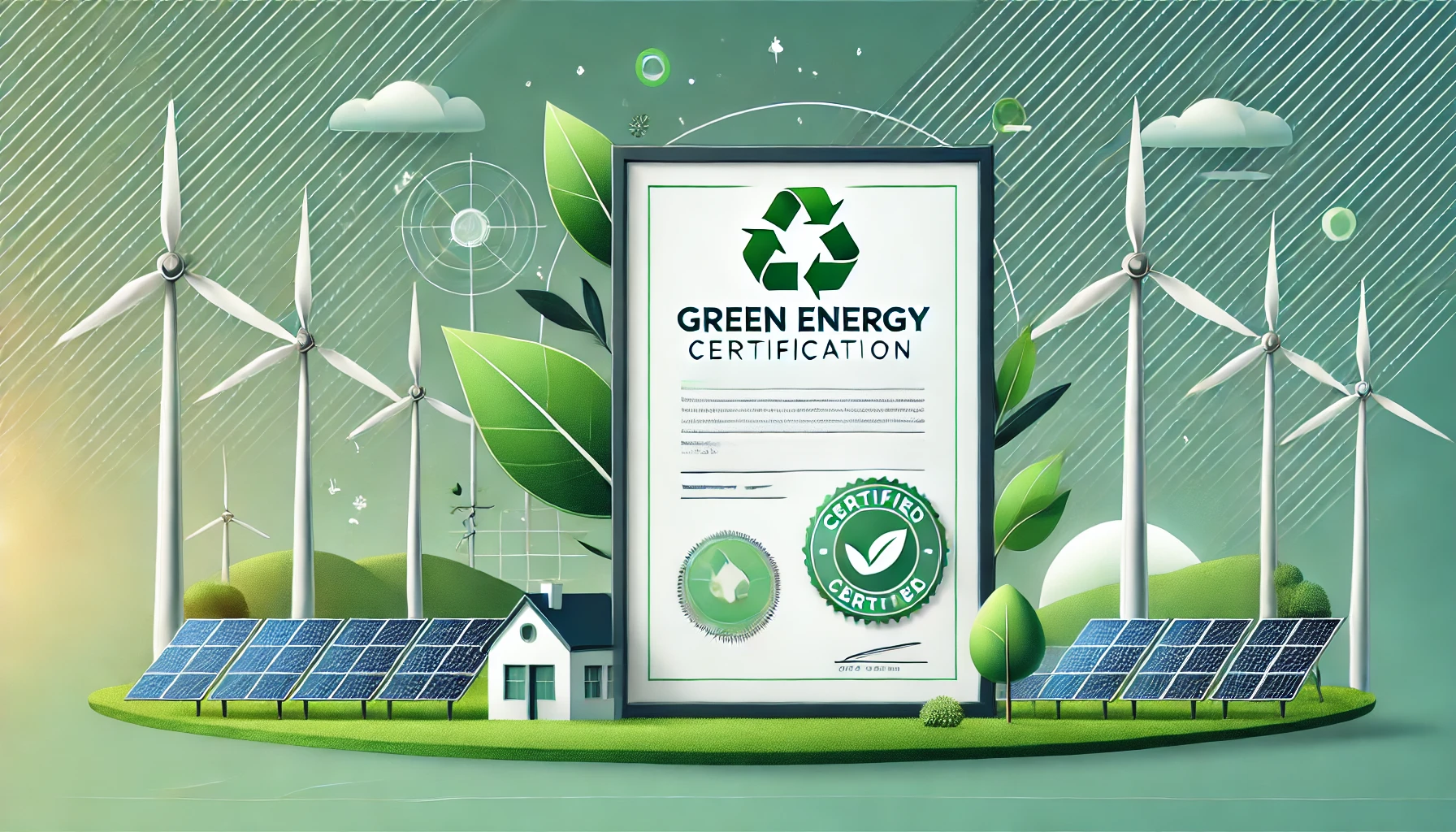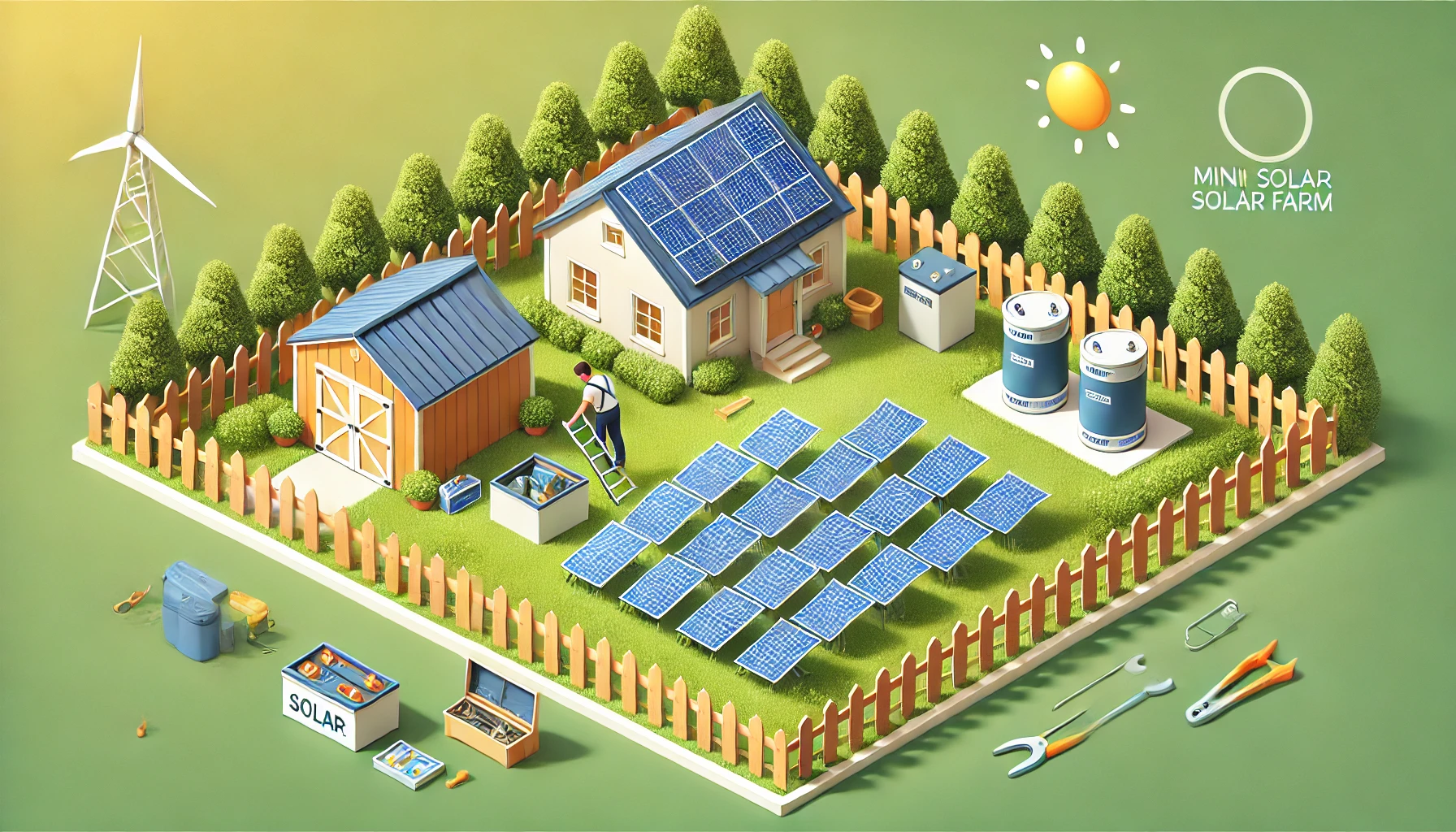Tablets vs. Laptops: A Comprehensive Comparison for Optimal Productivity and Entertainment
When it comes to choosing between a tablet and a laptop, there are several factors to consider. Both devices have their pros and cons, and it ultimately depends on your individual needs and preferences. Tablets are typically more portable and lightweight, making them a great option for on-the-go use. Laptops, on the other hand, are generally more powerful and offer more flexibility in terms of software and hardware.
Defining the differences between tablets and laptops is important when deciding which one is best for you. Tablets are essentially oversized smartphones, with a touch screen interface, limited processing power, and limited storage capacity. Laptops, on the other hand, are essentially portable computers with a keyboard, touchpad, more powerful processors, and a larger storage capacity. While both devices can be used for productivity and entertainment, they have different strengths and weaknesses that should be considered.
In this article, we will explore the differences between tablets and laptops in terms of portability, design, operating systems, performance, productivity considerations, entertainment features, connectivity, cost analysis, durability, lifespan, use cases, and environmental impact. By the end of this article, you will have a better understanding of which device is better suited for your individual needs and preferences.
Key Takeaways
- Tablets are more portable and lightweight, while laptops offer more power and flexibility.
- Consider the device’s operating system, software compatibility, performance, and productivity features when making your decision.
- Think about your individual use cases and target audience when deciding between a tablet and a laptop.
Defining Tablets and Laptops
When it comes to choosing between tablets and laptops, it’s important to understand the key differences between the two devices.
Tablets are portable, touchscreen devices that are designed for entertainment and casual use. They are typically smaller and lighter than laptops, making them easy to carry around. Tablets are great for browsing the web, streaming videos, playing games, and reading e-books. They often have long battery life and can be used for extended periods without needing to be charged.
Laptops, on the other hand, are more powerful and versatile than tablets. They are designed for productivity and are capable of running complex software and applications. Laptops have physical keyboards and touchpads, which make them more suitable for tasks that require typing and precision pointing. They also have larger screens than tablets, which makes them better for multitasking and viewing content.
In summary, tablets are like a lightweight bicycle that is perfect for leisurely rides, while laptops are like a sturdy car that can handle any terrain. Which device you choose depends on your needs and preferences.
Portability and Design
When it comes to portability and design, tablets and laptops have distinct differences that can impact your decision on which one to choose.
Size and Weight
Tablets are generally smaller and lighter than laptops, making them more portable and easier to carry around. They are also thinner and more compact, which makes them ideal for use in tight spaces or on the go. However, laptops are still relatively portable, and some models are designed to be lightweight and slim.
Battery Life
Tablets are known for having longer battery lives than laptops, as they are designed to be used on the go without needing to be plugged in all the time. This makes them ideal for use during long commutes or flights, or when you don’t have access to a power source. Laptops, on the other hand, typically have shorter battery lives and may need to be charged more frequently.
Ergonomics
Tablets are designed to be used with touchscreens, which can be more ergonomic than using a mouse and keyboard. They are also more versatile in terms of how you can hold and use them, as they can be propped up on a stand or held in your hand. However, using a tablet for extended periods of time can be tiring on your arms and hands.
Laptops, on the other hand, are designed to be used with a keyboard and mouse, which can be more comfortable for typing and navigating. They also typically have larger screens, which can be easier on your eyes when working for long periods of time. However, laptops are less versatile in terms of how you can use them and may require a flat surface to work on.
Overall, when it comes to portability and design, tablets and laptops each have their own strengths and weaknesses. Consider your specific needs and preferences when deciding which one is right for you.
Operating Systems and Software Compatibility
When it comes to operating systems, laptops generally run on Windows or macOS, while tablets run on either iOS or Android. Each operating system has its own strengths and weaknesses, and which one is better for you will depend on your specific needs.
Laptops also tend to have more software options available than tablets. This is because laptops run on full-fledged operating systems and are designed to handle complex software applications. Tablets, on the other hand, are designed for more basic tasks like browsing the web, checking email, and streaming media.
If you rely on specific software applications for work or school, it’s important to ensure that they are compatible with the operating system you choose. For example, if you need to use Microsoft Office for work, you’ll want to make sure that the operating system you choose supports it.
It’s also worth noting that some software applications are available on both laptops and tablets, but may offer a different user experience depending on the device. For example, Adobe Photoshop is available on both laptops and tablets, but the tablet version is designed for touchscreens and may not offer the same level of functionality as the desktop version.
In summary, when it comes to operating systems and software compatibility, laptops offer more flexibility and are better suited for complex software applications. However, tablets can still be a great option for basic tasks and are often more portable than laptops.
Performance and Specifications
When it comes to performance and specifications, both tablets and laptops have their strengths and weaknesses. In this section, we will explore the key differences between the two.
Processor Power
One of the most important factors to consider when choosing between a tablet and a laptop is the processor power. Laptops generally have more powerful processors than tablets, which makes them better suited for tasks that require a lot of processing power such as video editing, gaming, and running multiple applications at once.
On the other hand, tablets are designed for more basic tasks such as browsing the web, checking email, and watching videos. Tablets typically have lower-powered processors than laptops, but they are still capable of handling most day-to-day tasks.
RAM and Storage Options
Another important factor to consider is the amount of RAM and storage options available. Laptops typically have more RAM and storage options than tablets, which makes them better suited for storing large files and running multiple applications at once.
Tablets, on the other hand, have limited storage options and typically rely on cloud storage or external hard drives to store files. However, tablets are generally more lightweight and portable than laptops, which makes them a great option for people who are always on the go.
Graphics and Display
When it comes to graphics and display, laptops generally have better graphics cards and larger displays than tablets. This makes them better suited for tasks that require high-quality graphics such as gaming and video editing.
Tablets, on the other hand, have smaller displays and less powerful graphics cards than laptops. However, they are still capable of displaying high-quality graphics and are a great option for people who want a portable device for browsing the web, checking email, and watching videos.
In summary, laptops are generally more powerful and have more storage and RAM options than tablets. However, tablets are more lightweight and portable, making them a great option for people who are always on the go. Ultimately, the choice between a tablet and a laptop comes down to your individual needs and preferences.
Productivity Considerations
When it comes to productivity, both tablets and laptops have their own strengths and weaknesses. Here are some key factors to consider:
Input Methods
Tablets typically rely on touch screen input, which can be intuitive and efficient for certain tasks like browsing the web or taking notes. However, for tasks that require a lot of typing or precision, a physical keyboard and mouse or trackpad may be more comfortable and accurate. Laptops come with built-in keyboards and trackpads, and many models also offer touch screens for added versatility.
Multitasking Capabilities
Laptops generally offer more multitasking capabilities than tablets. With a laptop, you can have multiple windows or applications open at once, allowing you to switch between them seamlessly. Tablets, on the other hand, may require you to switch between apps or use split-screen mode to accomplish the same tasks.
Accessories and Peripherals
Both tablets and laptops can benefit from accessories and peripherals that enhance productivity. For example, a tablet may be more versatile with a Bluetooth keyboard or stylus, while a laptop may benefit from an external monitor or docking station. When choosing between a tablet and a laptop, consider which accessories and peripherals you may need to maximize productivity.
Overall, the choice between a tablet and a laptop for productivity depends on your specific needs and preferences. If you prioritize portability and touch screen input, a tablet may be the better choice. If you need more multitasking capabilities or prefer a physical keyboard and mouse, a laptop may be the better option.
Entertainment Features
When it comes to entertainment, both tablets and laptops have their own unique features that make them suitable for different needs. Here are some of the entertainment features that you should consider:
Audio and Video Quality
Tablets are known for their excellent audio and video quality, especially when it comes to watching movies and TV shows. They typically have high-resolution displays and built-in speakers that provide a great viewing experience. However, laptops are no slouch either. They often come with larger screens and better speakers that can deliver a more immersive experience.
Gaming Experience
If you’re a gamer, a laptop might be a better choice for you. Laptops usually have more powerful hardware that can handle demanding games, while tablets are more limited in terms of processing power. However, if you’re looking for casual games, such as puzzle games or platformers, a tablet might be a better choice. They are more portable and easier to use for quick gaming sessions.
App Ecosystem
Tablets have access to the same app ecosystem as smartphones, which means that you can find a wide variety of apps for entertainment, including games, streaming services, and social media. Laptops, on the other hand, have access to a wider range of software, including productivity apps, creative software, and more. While tablets are great for consuming content, laptops are better for creating it.
In conclusion, both tablets and laptops have their own strengths and weaknesses when it comes to entertainment. If you’re looking for a device that is great for watching movies and TV shows, a tablet might be the better choice. If you’re a gamer or need a device for productivity, a laptop might be the better choice. Ultimately, the choice between a tablet and a laptop comes down to your specific needs and preferences.
Connectivity and Networking
When it comes to connectivity, both tablets and laptops offer wireless connections such as Wi-Fi. However, tablets have an advantage in that they can have cellular data functionality built-in, which can be used as an alternative connection. This can be useful if you need to connect to the internet while on the go and there is no Wi-Fi available. Laptops, on the other hand, typically do not have this feature built-in, although you can purchase a separate mobile hotspot device or use your smartphone as a hotspot.
In terms of networking, both tablets and laptops can connect to other devices on the same network, such as printers or other computers. However, laptops have an advantage in that they typically have more ports available, which means you can connect more devices directly to the laptop. This can be useful if you need to connect to a projector, external monitor, or other peripherals.
Another aspect of connectivity to consider is Bluetooth. Both tablets and laptops have Bluetooth capabilities, which can be useful for connecting wireless headphones, speakers, or other accessories. However, laptops typically have a wider range of Bluetooth options, such as the ability to connect to multiple devices simultaneously.
Overall, both tablets and laptops offer similar connectivity options, but tablets have an advantage in terms of cellular data functionality. Laptops, on the other hand, have more ports available and a wider range of Bluetooth options.
Cost Analysis
Initial Investment
When it comes to the initial investment, tablets are generally cheaper than laptops. You can find a decent Android tablet for around $100, while a decent laptop will cost you at least $400. However, keep in mind that a tablet may not be able to replace all the functions of a laptop, especially if you need to do more complex tasks like video editing or programming.
Maintenance and Repairs
In terms of maintenance and repairs, laptops may cost more than tablets. Laptops have more complex hardware and software, which means they may require more frequent maintenance and repairs. Additionally, laptops have more moving parts, such as hinges and keyboards, which may break or wear out over time. On the other hand, tablets are generally simpler and more durable, with fewer moving parts.
Overall, when it comes to cost analysis, tablets are generally cheaper to purchase and maintain than laptops. However, keep in mind that a tablet may not be able to replace all the functions of a laptop, especially if you need to do more complex tasks.
Durability and Lifespan
When it comes to durability and lifespan, laptops tend to have an advantage over tablets. Laptops are built to withstand more wear and tear, and their components are generally more robust. They have sturdier hinges, more durable screens, and better cooling systems. In contrast, tablets are more fragile, with screens that are more prone to cracking and breaking.
That being said, tablets have also come a long way in terms of durability. Many newer models feature reinforced glass and water-resistant coatings that can help protect them from accidental drops and spills. However, they are still not as durable as laptops and may require more frequent repairs or replacements.
In terms of lifespan, both laptops and tablets can last for several years with proper care and maintenance. However, laptops generally have a longer lifespan than tablets due to their more powerful hardware and ability to handle more demanding tasks. Tablets are better suited for casual use and may not be able to keep up with more intensive applications over time.
Overall, when it comes to durability and lifespan, laptops are the better choice if you need a device that can withstand heavy use and last for several years. However, if you are looking for a more portable and casual device for entertainment and light productivity, a tablet may be a better fit for your needs.
Use Cases and Target Audiences
When deciding between a tablet and a laptop, it’s important to consider your specific use cases and target audience. Laptops are generally better for productivity tasks and more demanding applications, while tablets are more portable and better suited for basic tasks like web browsing and email.
For example, if you’re a student or a professional who needs to work on documents, spreadsheets, or presentations, a laptop is likely the better choice. With a laptop, you can take advantage of a full-sized keyboard and trackpad, as well as more powerful processing hardware. Laptops also tend to have larger screens, which can be useful for multitasking or viewing detailed content.
On the other hand, if you’re someone who travels frequently or needs to work on the go, a tablet may be the better choice. Tablets are lighter and more portable than laptops, making them easier to carry around. They’re also great for consuming content like books, videos, and social media, as well as for casual web browsing and email.
Another factor to consider is your target audience. If you’re buying a device for a child or an elderly person, for example, a tablet may be the better choice. Tablets are generally easier to use and more intuitive than laptops, with simple touch-based interfaces and fewer complex features.
Overall, the choice between a tablet and a laptop comes down to your specific needs and preferences. Whether you’re looking for a device for work or entertainment, there are pros and cons to both options. By considering your use cases and target audience, you can make an informed decision that will best suit your needs.
Environmental Impact and Sustainability
When it comes to environmental impact and sustainability, laptops and tablets have their pros and cons. Both devices have an impact on the environment during their manufacturing, use, and disposal. However, some factors make one device more environmentally friendly than the other.
Manufacturing
Manufacturing laptops and tablets requires energy and resources, which contribute to their carbon footprint. According to carbon-footprint reports for thin-and-light laptops, 70% to 80% of emissions come from the manufacturing process. Tablets have a smaller carbon footprint than laptops due to their smaller size and simpler design. However, the production of tablets still requires energy and resources.
Energy Consumption
Both laptops and tablets consume energy during use, but laptops tend to consume more. Laptops have larger screens, more powerful processors, and more features that require energy. Tablets have smaller screens, less powerful processors, and fewer features that consume energy. However, the energy consumption of both devices depends on how they are used. For example, streaming videos or playing games on a tablet can consume more energy than basic web browsing on a laptop.
Disposal
Disposing of laptops and tablets can also have an impact on the environment. Electronic waste (e-waste) is a growing problem, and improperly disposing of electronic devices can release toxic chemicals into the environment. Both laptops and tablets can be recycled, but laptops are easier to recycle due to their larger size and more standardized components. Tablets are more difficult to recycle due to their smaller size and more varied components.
Overall, both laptops and tablets have an impact on the environment, but tablets have a smaller carbon footprint and consume less energy than laptops. However, the impact of each device depends on how it is used, maintained, and disposed of. It is important to consider the environmental impact of your device when making a purchasing decision and to properly dispose of it when it is no longer needed.
Frequently Asked Questions
What are the advantages and disadvantages of using a laptop versus a tablet for studying?
Laptops are generally more powerful than tablets, making them better suited for tasks that require more computing power, such as running software applications and multitasking. Laptops also typically have larger screens and keyboards, which can make them more comfortable to use for extended periods of time. However, laptops are also heavier and bulkier than tablets, which can make them less portable.
Tablets, on the other hand, are more lightweight and portable than laptops, making them a great choice for studying on the go. They also have long battery life, which means you can study for longer periods of time without needing to recharge. However, tablets are not as powerful as laptops and may not be able to run all the software applications you need for studying.
What are the key differences between laptops and tablets in terms of productivity?
Laptops are generally more powerful and versatile than tablets when it comes to productivity. They come equipped with productivity tools such as word processors, spreadsheets, and presentation software, which can help you get work done more efficiently. Laptops also typically have more storage space than tablets, which can be important if you need to store large files.
Tablets, on the other hand, are more lightweight and portable than laptops, which can make them a good choice for working on the go. They are also equipped with touchscreens, which can make them easier to use for certain tasks, such as drawing or taking notes. However, tablets may not be as versatile as laptops when it comes to productivity, and may not be able to run all the software applications you need for work.
For entertainment purposes, should I consider buying a tablet or a laptop?
Both laptops and tablets can be great for entertainment purposes, but they have different strengths and weaknesses. Laptops are generally more powerful and versatile than tablets, which means they can handle more demanding tasks such as gaming or video editing. They also typically have larger screens and better sound quality than tablets, which can enhance your entertainment experience.
Tablets, on the other hand, are more lightweight and portable than laptops, which can make them a good choice if you want to use them while on the go. They are also equipped with touchscreens, which can make them easier to use for certain tasks, such as browsing the web or watching videos. However, tablets may not be as powerful as laptops when it comes to entertainment, and may not be able to handle demanding tasks such as gaming or video editing.
What are the limitations of tablets compared to laptops for student use?
While tablets can be a great choice for studying on the go, they do have some limitations compared to laptops. One of the biggest limitations is that tablets are not as powerful as laptops and may not be able to run all the software applications you need for studying. They also typically have smaller screens and keyboards, which can make them less comfortable to use for extended periods of time.
Can a tablet effectively replace a laptop for work-related tasks?
While tablets can be a great choice for certain work-related tasks, such as taking notes or browsing the web, they may not be able to replace a laptop for all work-related tasks. Tablets are generally not as powerful as laptops and may not be able to run all the software applications you need for work. They also typically have smaller screens and keyboards, which can make them less comfortable to use for extended periods of time.
What factors should seniors consider when choosing between a tablet and a laptop?
Seniors should consider a variety of factors when choosing between a tablet and a laptop, including their mobility needs, their budget, and their technological expertise. Tablets are generally more lightweight and portable than laptops, which can make them a good choice for seniors who are always on the go. They are also typically easier to use than laptops, thanks to their touchscreens and simplified interfaces. However, tablets may not be as powerful as laptops and may not be able to run all the software applications seniors need. Laptops, on the other hand, are generally more powerful and versatile than tablets, but they are also heavier and bulkier, which can make them less portable. Seniors should also consider their budget when choosing between a tablet and a laptop, as tablets can be significantly less expensive than laptops.




